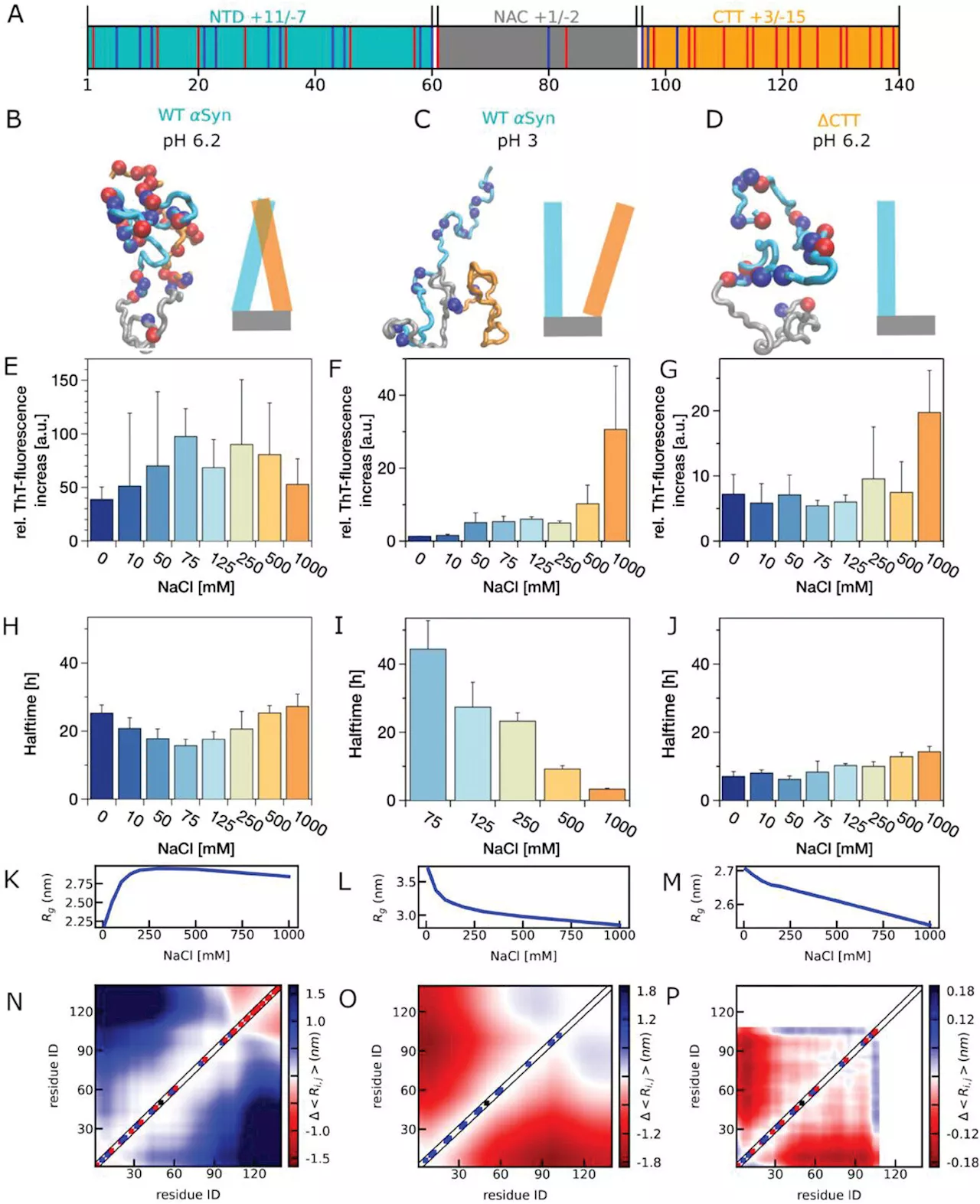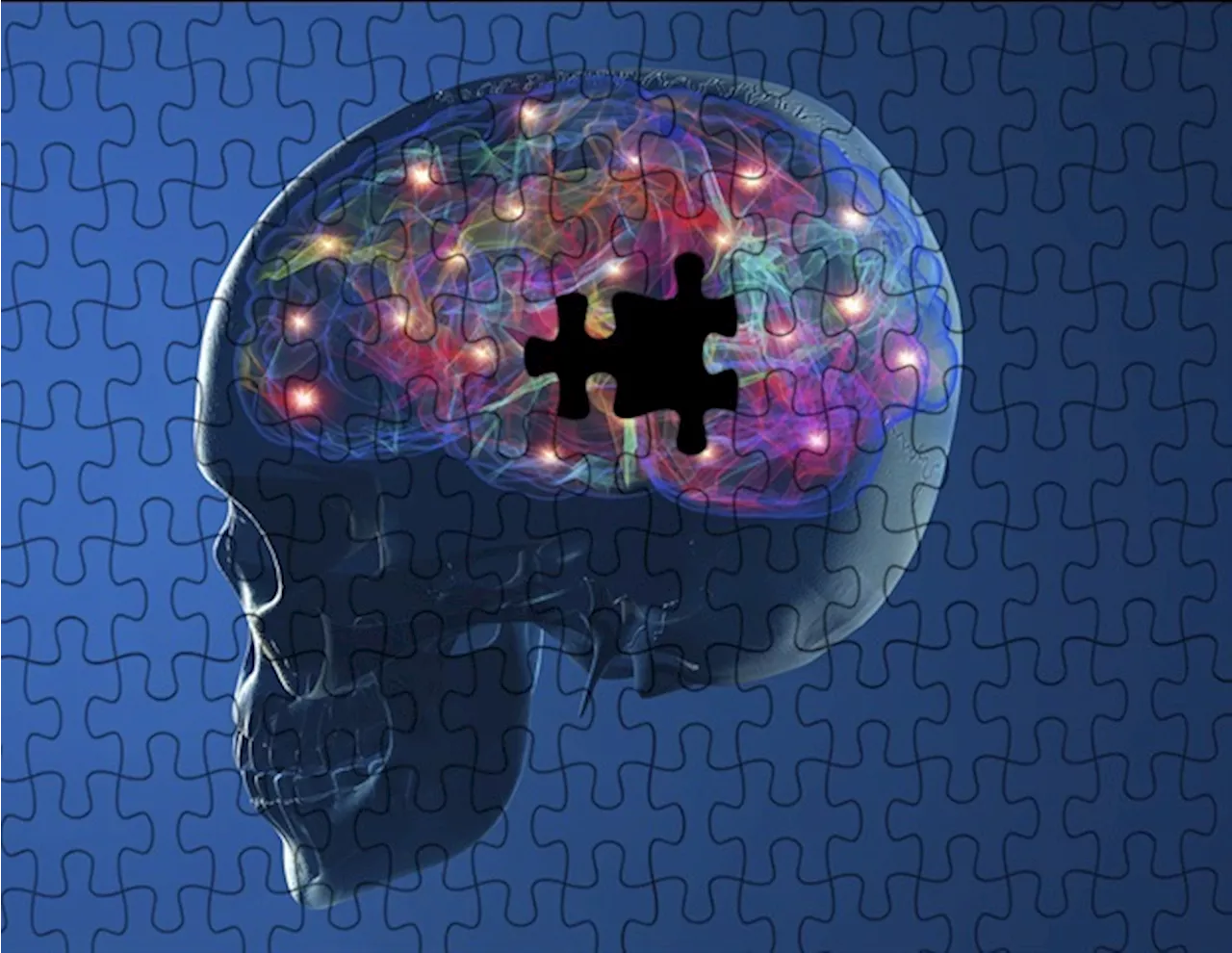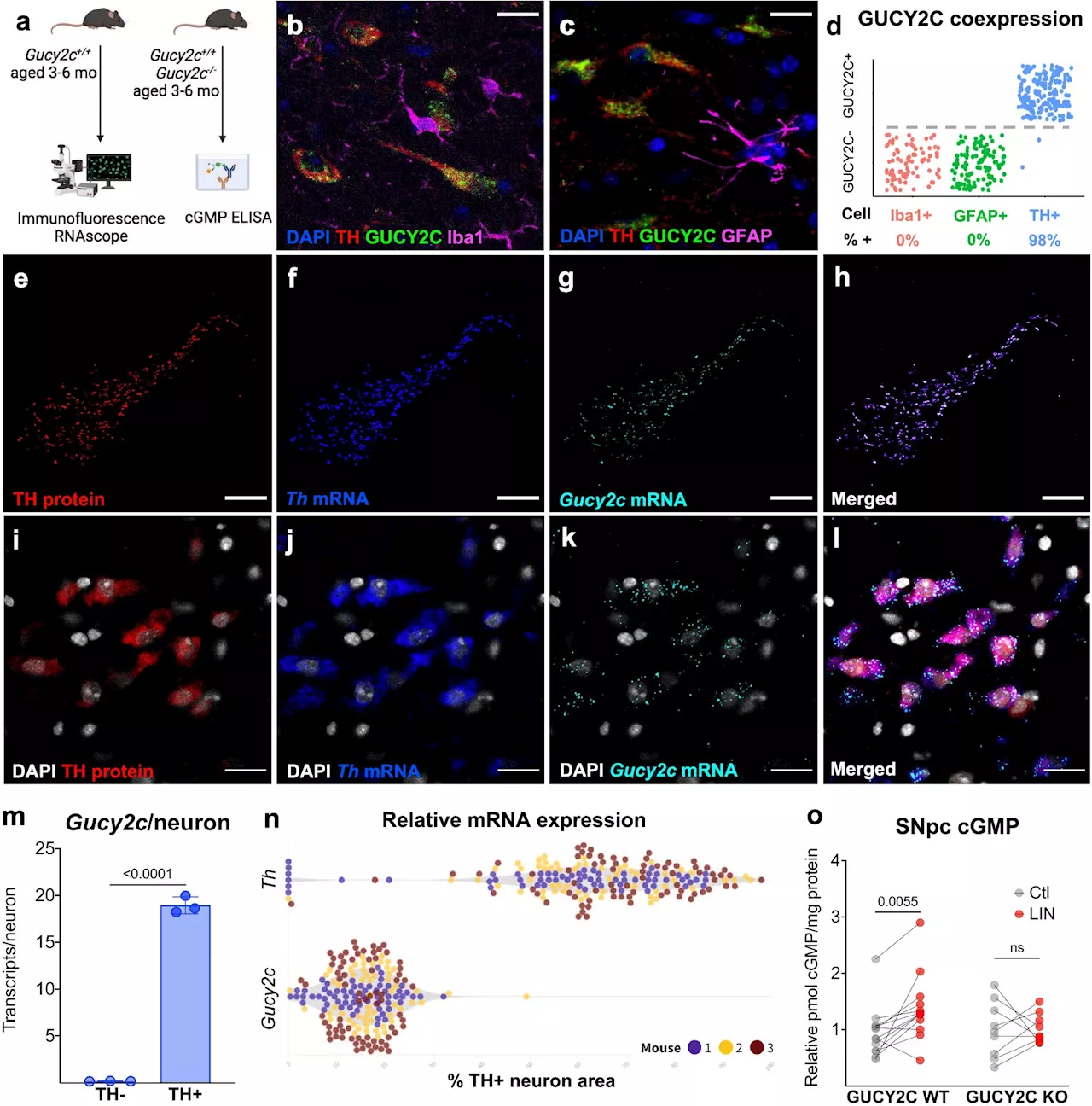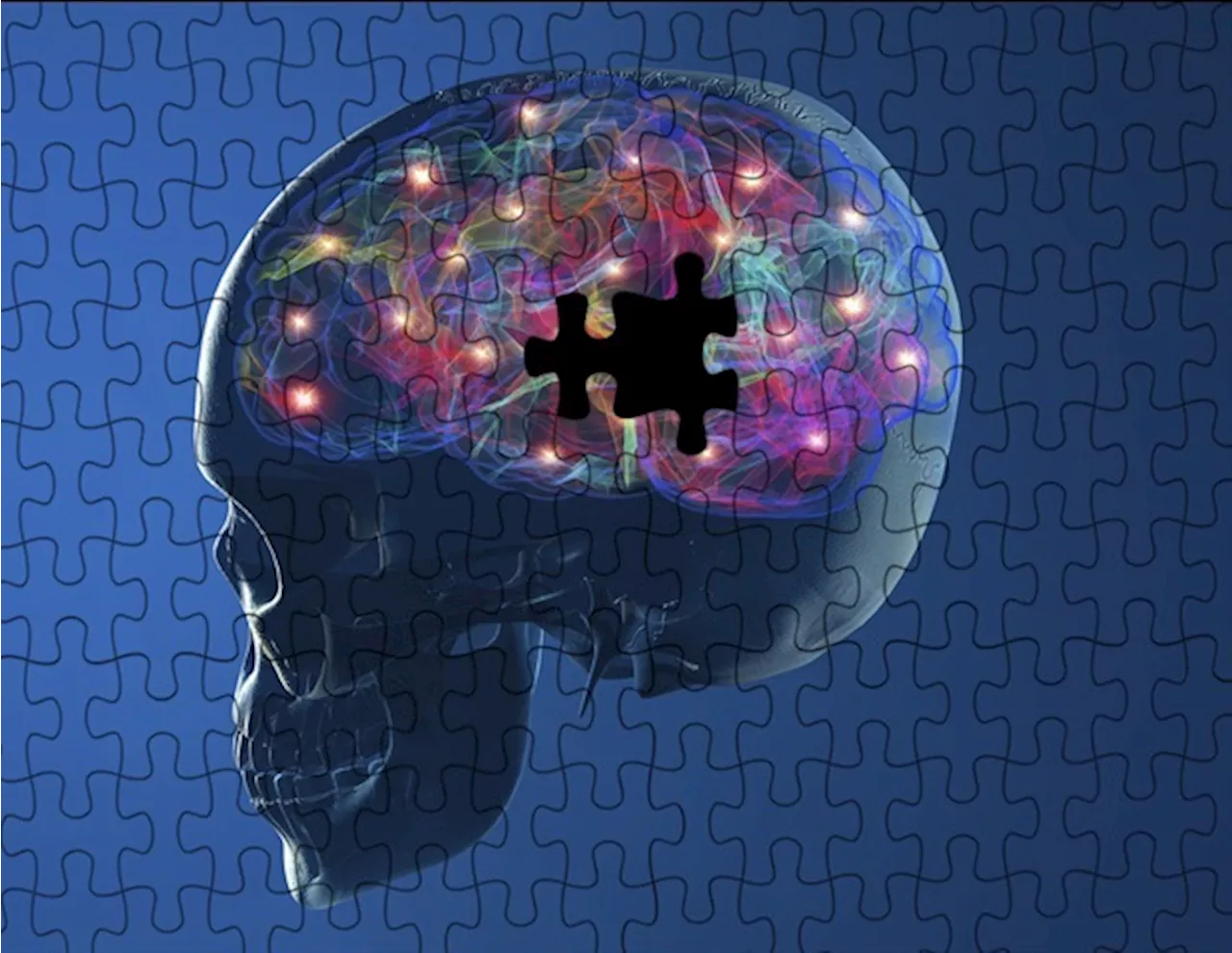The field of non-pharmacological interventions for the treatment of individuals with Parkinson's disease (PD) is reaching maturity and has the potential to substantially improve patient care in the future.
IOS PressAug 13 2024 The field of non-pharmacological interventions for the treatment of individuals with Parkinson's disease is reaching maturity and has the potential to substantially improve patient care in the future. A supplement to the Journal of Parkinson's Disease , published by IOS Press , captures a wealth of information on non-pharmacological interventions addressing physical and mental perspectives as well as views on access to care.
Co-Guest Editor Bastiaan R.
In people with PD, stress is thought to play a particularly important role. Not only does acute stress aggravate the symptomatic manifestations of the disease, such as tremor, dyskinesia, or freezing of gait, recent evidence in animals also suggests that chronic stress may influence the degree of nigro-striatal cell loss."
Related StoriesThe review article "Pain and the Non-Pharmacological Management of Pain in People with Parkinson's Disease" describes pain and the biopsychosocial model of pain. It explores how pain is classified in PD and describes the three main types of pain: nociceptive, neuropathic, and nociplastic pain.
Brain Chronic Diagnostics Exercise Hospital Movement Disorders Neurodegenerative Disease Neurology Pain Physiotherapy Psychology Research Stress
United States Latest News, United States Headlines
Similar News:You can also read news stories similar to this one that we have collected from other news sources.
 Common condition that plagues 1 in 10 Brits could be an early sign of Parkinson’sWhat is Parkinson's and what are the main symptoms?
Common condition that plagues 1 in 10 Brits could be an early sign of Parkinson’sWhat is Parkinson's and what are the main symptoms?
Read more »
 Protein droplets likely don't cause Parkinson's, study suggestsLiquid-liquid phase separation is not a precursor to formation of amyloid fibrils, a pathological hallmark of Parkinson's disease, shows a recent study. Rather, the formation of protein into liquid droplets may help to dissolve aggregated protein.
Protein droplets likely don't cause Parkinson's, study suggestsLiquid-liquid phase separation is not a precursor to formation of amyloid fibrils, a pathological hallmark of Parkinson's disease, shows a recent study. Rather, the formation of protein into liquid droplets may help to dissolve aggregated protein.
Read more »
 Machine learning helps define new subtypes of Parkinson's diseaseResearchers at Weill Cornell Medicine have used machine learning to define three subtypes of Parkinson's disease based on the pace at which the disease progresses. In addition to having the potential to become an important diagnostic and prognostic tool, these subtypes are marked by distinct driver genes.
Machine learning helps define new subtypes of Parkinson's diseaseResearchers at Weill Cornell Medicine have used machine learning to define three subtypes of Parkinson's disease based on the pace at which the disease progresses. In addition to having the potential to become an important diagnostic and prognostic tool, these subtypes are marked by distinct driver genes.
Read more »
 Weill Cornell researchers define three Parkinson's subtypes with machine learningResearchers at Weill Cornell Medicine have used machine learning to define three subtypes of Parkinson's disease based on the pace at which the disease progresses.
Weill Cornell researchers define three Parkinson's subtypes with machine learningResearchers at Weill Cornell Medicine have used machine learning to define three subtypes of Parkinson's disease based on the pace at which the disease progresses.
Read more »
 NCT bus service expanding to serve huge development in £800k dealNCT's Red Line 50 service will serve the 800-home Teal Close development in Gedling
NCT bus service expanding to serve huge development in £800k dealNCT's Red Line 50 service will serve the 800-home Teal Close development in Gedling
Read more »
 Gut protein may protect brain cells in Parkinson's diseaseNearly 10 million people worldwide suffer from Parkinson's disease (PD), a condition causing muscle rigidity and tremors due to the loss of the chemical dopamine in the brain. One cause of PD is exposure to toxins. In a recent study, Thomas Jefferson University's Scott A. Waldman, MD, Ph.D.
Gut protein may protect brain cells in Parkinson's diseaseNearly 10 million people worldwide suffer from Parkinson's disease (PD), a condition causing muscle rigidity and tremors due to the loss of the chemical dopamine in the brain. One cause of PD is exposure to toxins. In a recent study, Thomas Jefferson University's Scott A. Waldman, MD, Ph.D.
Read more »
